| When I was in 10th grade, we learned about the 1950s in America, and I found it odd that our textbook devoted an entire page to the history of early TV shows, but only two sentences to the creation of the interstate highway system. As someone who works in media, I understand and appreciate the impact television has had on America, and I don't fault the book for mentioning this. However, as a car person, I think the text (and the class, for that matter) made a huge mistake in glossing over the creation of the Dwight D. Eisenhower National System of Interstate and Defense Highways. The resulting effects on travel and commerce has changed the nation equally if not more so than television. At that point, I realized we didn't overlook just the highway system, but almost all of our nation's automotive history. |
Aside from the token mention of Henry Ford, most high school classes are completely devoid of any automotive history. For something that has impacted our nation so greatly and for so long, this is really is quite amazing when you think about it. The style and substance of what we drive reflects the people we were at those times--for better or for worse. The innocence of the 50s, the freedom of the 60s, the cynicism of the late 70s and the triumphant recovery of the 80s are all mirrored by the cars we drove back then.
Along with culture are valuable lessons about leadership and business. We idolize tech giants like Steve Jobs, Bill Gates, and Mark Zuckerberg, but back in the day, Alfred P. Sloan, George Romney, and Lee Iacocca were the type of people who used to grace the cover of TIME Magazine (multiple times):
Along with culture are valuable lessons about leadership and business. We idolize tech giants like Steve Jobs, Bill Gates, and Mark Zuckerberg, but back in the day, Alfred P. Sloan, George Romney, and Lee Iacocca were the type of people who used to grace the cover of TIME Magazine (multiple times):
Romney is the only one who aged normally, as Sloan turned into a Conehead and Iacocca evolved into a LeBaron convertible.
(all images courtesy of http://content.time.com/time/coversearch/)
(all images courtesy of http://content.time.com/time/coversearch/)
Why is it that we only focus on politicians, activists, and war heroes? The aforementioned men made history not just with the cars they built, but with how they shaped the nation. Alfred P. Sloan ushered in the trends of yearly model changes and planned obsolescence. George Romney read between the lines and saw America's need for economical, fuel efficient cars. Lee Iaccoca helped save the jobs of thousands of hard-working Americans, and helped invent entire genres of cars. Perhaps if we had paid better attention to the work of these industrial giants, we wouldn't have suffered the catastrophic bankruptcies of two American car companies in the last decade. Although, someday that too should be a lesson we teach in school.
There is equal value in learning about the successes and the failures of car companies; perhaps not in history classes, but marketing and PR courses. The stories of strikes and strike breakers, of Ralph Nader and the Corvair, of the Pinto and its exploding gas tank, of Toyotas and "unintended acceleration," of fuel shortages and gas lines, and of so many other things all provide valuable lessons.
Today, look at the history being made in terms of diversity. Incredibly talented people like Dodge's Ralph Giles, GM's Mary Barra, and Ford's Raj Nair are making history in what once was a field dominated by white males. If we shared their stories in schools, we could encourage a whole new generation of kids to pursue careers in the automotive world.
These ideas are only the tip of the iceberg. I haven't even started on energy, pollution, and government regulation. Considering how many subjects I've already touched on, there's now way you could cram them into a 10th grade history class. You could probably spend an entire college semester studying automotive history and still leave a lot out.
But my point is this—this history of cars in America is important. Few industries have impacted so many parts of our daily life for so many years. Therefore, I think textbooks should mention more than just Henry Ford. There is certainly value in teaching our children the history of our nation's automobiles; after all, soon they'll be the ones designing, building, buying, and driving them.
There is equal value in learning about the successes and the failures of car companies; perhaps not in history classes, but marketing and PR courses. The stories of strikes and strike breakers, of Ralph Nader and the Corvair, of the Pinto and its exploding gas tank, of Toyotas and "unintended acceleration," of fuel shortages and gas lines, and of so many other things all provide valuable lessons.
Today, look at the history being made in terms of diversity. Incredibly talented people like Dodge's Ralph Giles, GM's Mary Barra, and Ford's Raj Nair are making history in what once was a field dominated by white males. If we shared their stories in schools, we could encourage a whole new generation of kids to pursue careers in the automotive world.
These ideas are only the tip of the iceberg. I haven't even started on energy, pollution, and government regulation. Considering how many subjects I've already touched on, there's now way you could cram them into a 10th grade history class. You could probably spend an entire college semester studying automotive history and still leave a lot out.
But my point is this—this history of cars in America is important. Few industries have impacted so many parts of our daily life for so many years. Therefore, I think textbooks should mention more than just Henry Ford. There is certainly value in teaching our children the history of our nation's automobiles; after all, soon they'll be the ones designing, building, buying, and driving them.

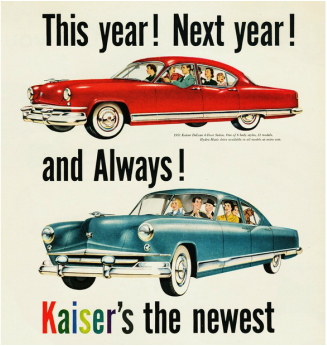
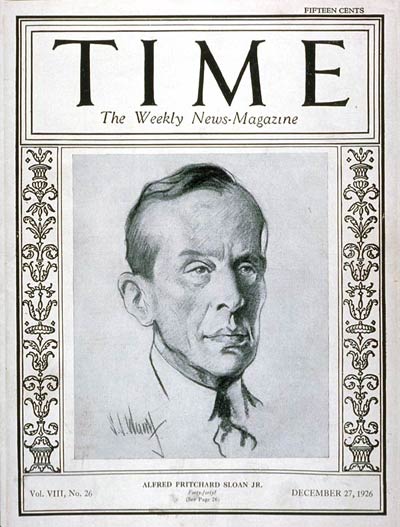
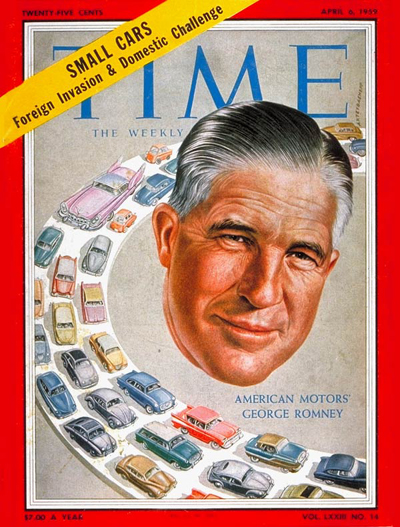
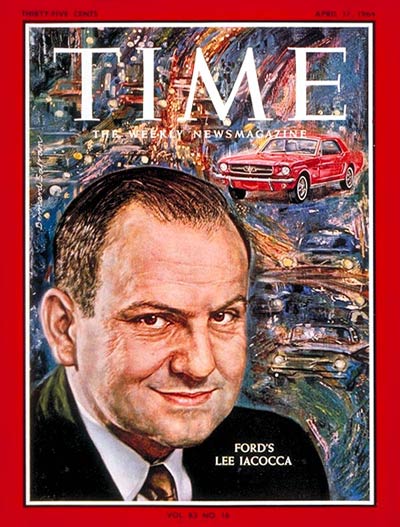
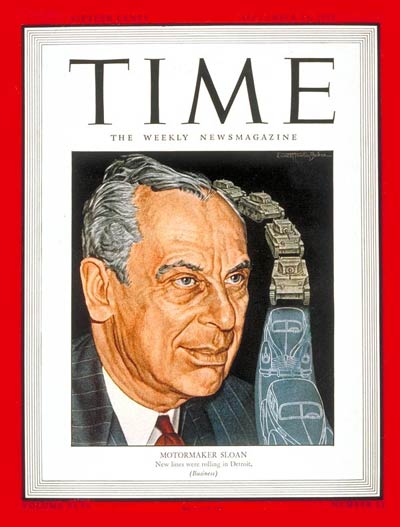
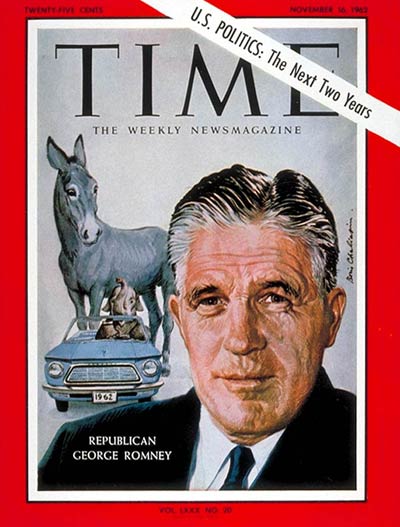
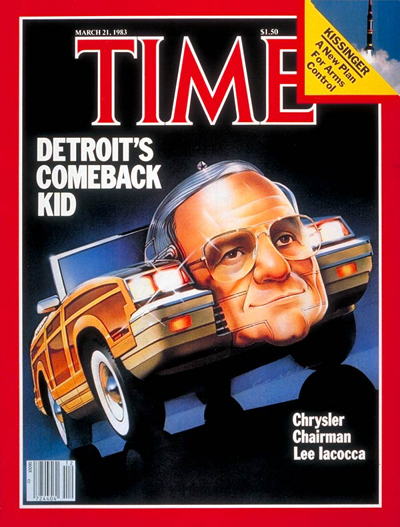
 RSS Feed
RSS Feed
